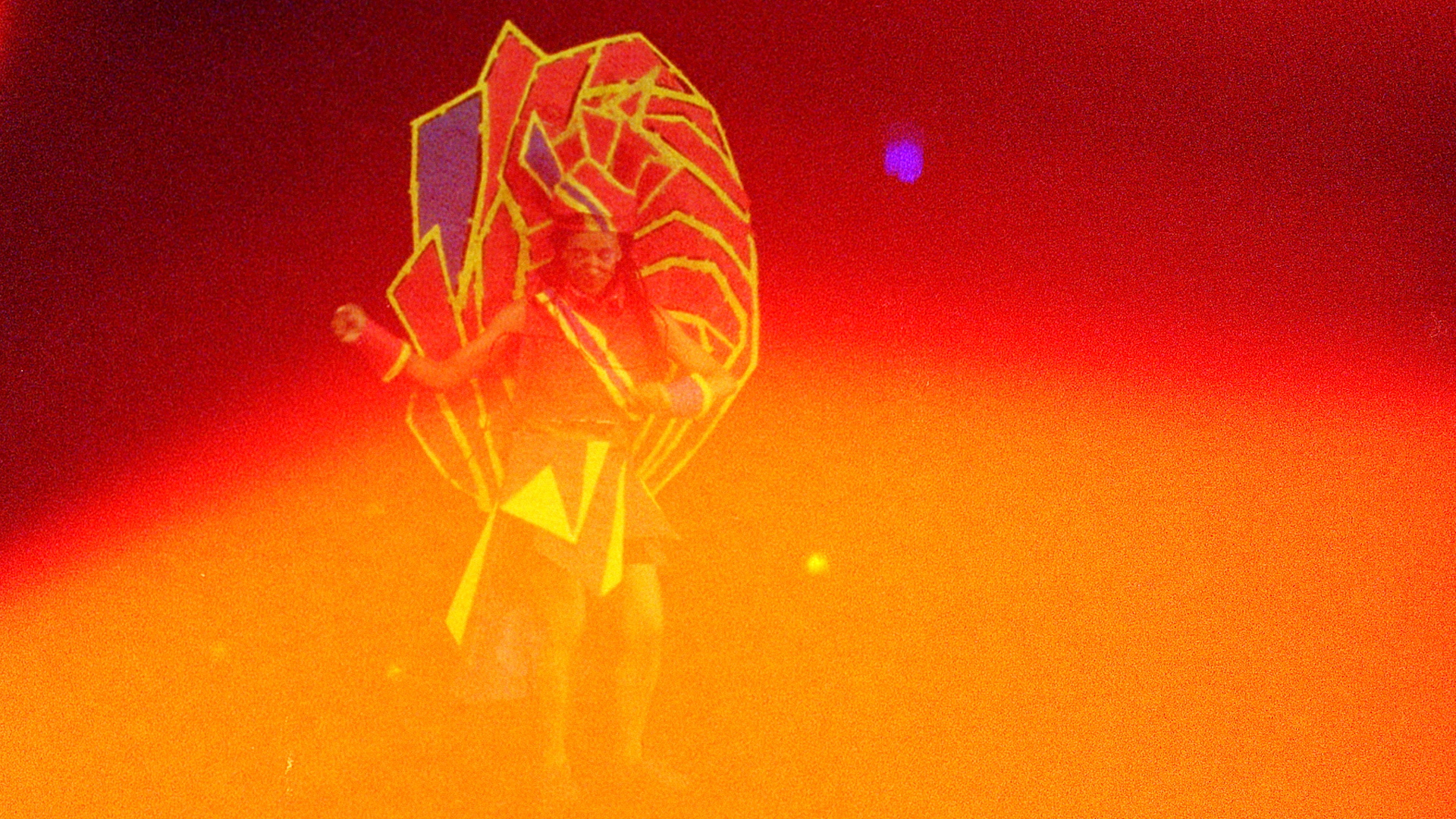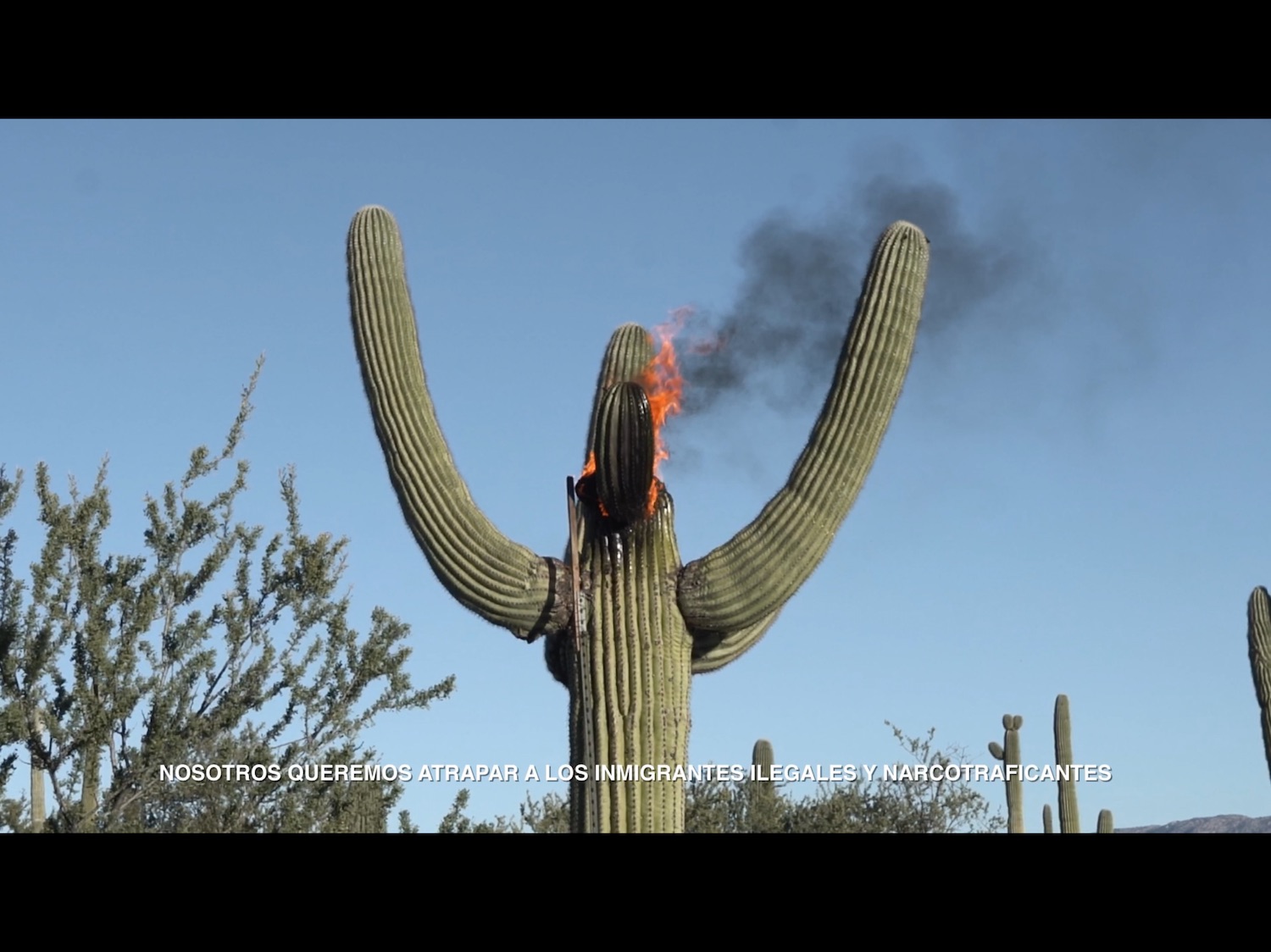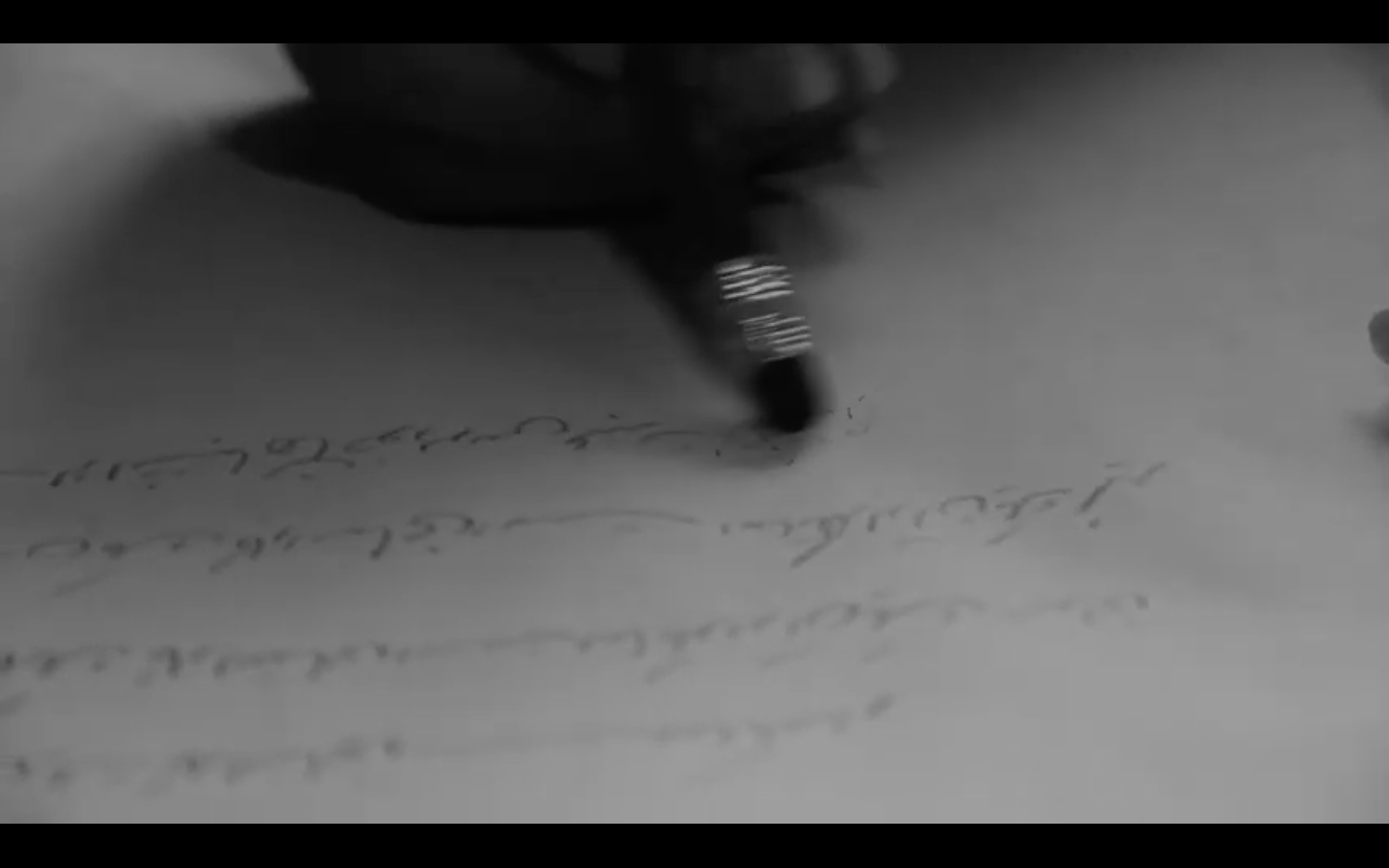Category: Artists' Film International — Published:
Artists’ Film International is a collaborative project featuring film, video and animation from around the world. During 2020, works responding to the theme of language unfold across all 20 partner organisations. Whilst our venues’ doors were closed during the COVID pandemic, we continued to share exciting international work online. Here Mahera and Mohammad Abu Ghazaleh Curator Emily Butler reflects on the digital season and introduces the final film screening this summer.
 Rhea Storr, Junkanoo Talk, 2017, Digital and Super 16mm transferred to digital, 12 mins, Selected by Whitechapel Gallery, London.
Rhea Storr, Junkanoo Talk, 2017, Digital and Super 16mm transferred to digital, 12 mins, Selected by Whitechapel Gallery, London.
The kaleidoscopic selection of works in this year’s programme can be read and reread like books, from intimate video diary entries to urgent rewritings of history. Yet film offers a visual language for artists to experiment with beyond the restrictions of time, speech and materiality. Throughout, we have seen artists creating new alphabets, communicating with unusual sounds, with colours, with their bodies, deciphering the language of rocks, reading new meanings into books, cards, objects and also destroying them, fast forwarding and slowing down our comprehension of a work through the pace of moving image.
Local sounds, rituals and political realities feature in the programme, from the rhythms and images of a Bahamian Junkanoo to the contested ancestral lands on the desert border between Mexico and the USA. This sonic and visual babble points to shared concerns and developments in film and video practices across the globe, but importantly are a means to record its diversity. As language is a repository of cultures and histories, by playing with its form, artists are in a unique position to highlight urgent political questions; if we do not understand a song in a South African language for instance, can we ever fully comprehend the legacy of colonial violence within that community? What is the future of linguistic globalisation if we don’t learn from others, if vocabulary no longer enriches and words simply start losing their sense?
 Miguel Fernandez De Castro, Still from Grammar of Gates / Gramática de las puertas, 2019, Single channel video with sound, 20:31. Selected by Ballroom Marfa, TX.
Miguel Fernandez De Castro, Still from Grammar of Gates / Gramática de las puertas, 2019, Single channel video with sound, 20:31. Selected by Ballroom Marfa, TX.
To conclude a series of online screenings whilst many of our partner institutions have been shut, Amina Dryabee’s work Determinism and Free Will, 2019 offers a philosophical reflection on our forms of knowledge and destinies. Is life predetermined, or do we have agency to control our futures? As we emerge from COVID lockdown to new horizons of thought, her work makes manifest the cycle of writing and erasure of histories. Within the artists’ context in Afghanistan, this question is particularly poignant for women, as much of CCAA’s work revolves around empowering young people through training in the medium of video and the visual arts.
Center for Contemporary Arts Afghanistan (CCAA), Kabul is a civil society organisation. It was founded in 2004 by a number of young artists in an attempt to open up a proactive dialogue with the international community and reinstate the country’s art institutions after the governmental changes in 2002. The main goal of CCAA is to provide equal opportunities both for men and women to improve their artistic talents and upgrade their role within a patriarchal and theoretical frame of the arts.
 Amina Dryabee, Still from Determinism and Free Will, 2019, Video, 2 mins 51 s, Selected by Centre for Contemporary Arts Afghanistan (CCAA), Kabul.
Amina Dryabee, Still from Determinism and Free Will, 2019, Video, 2 mins 51 s, Selected by Centre for Contemporary Arts Afghanistan (CCAA), Kabul.
Since 2007, AFI has been screened in Whitechapel Gallery’s auditorium and at partner venues around the world. While many of our galleries were temporarily closed, artists’ films from Bergamo to Buenos Aires, Mumbai to Istanbul were made available online. In case you missed one, you can rewatch the full lineup below: